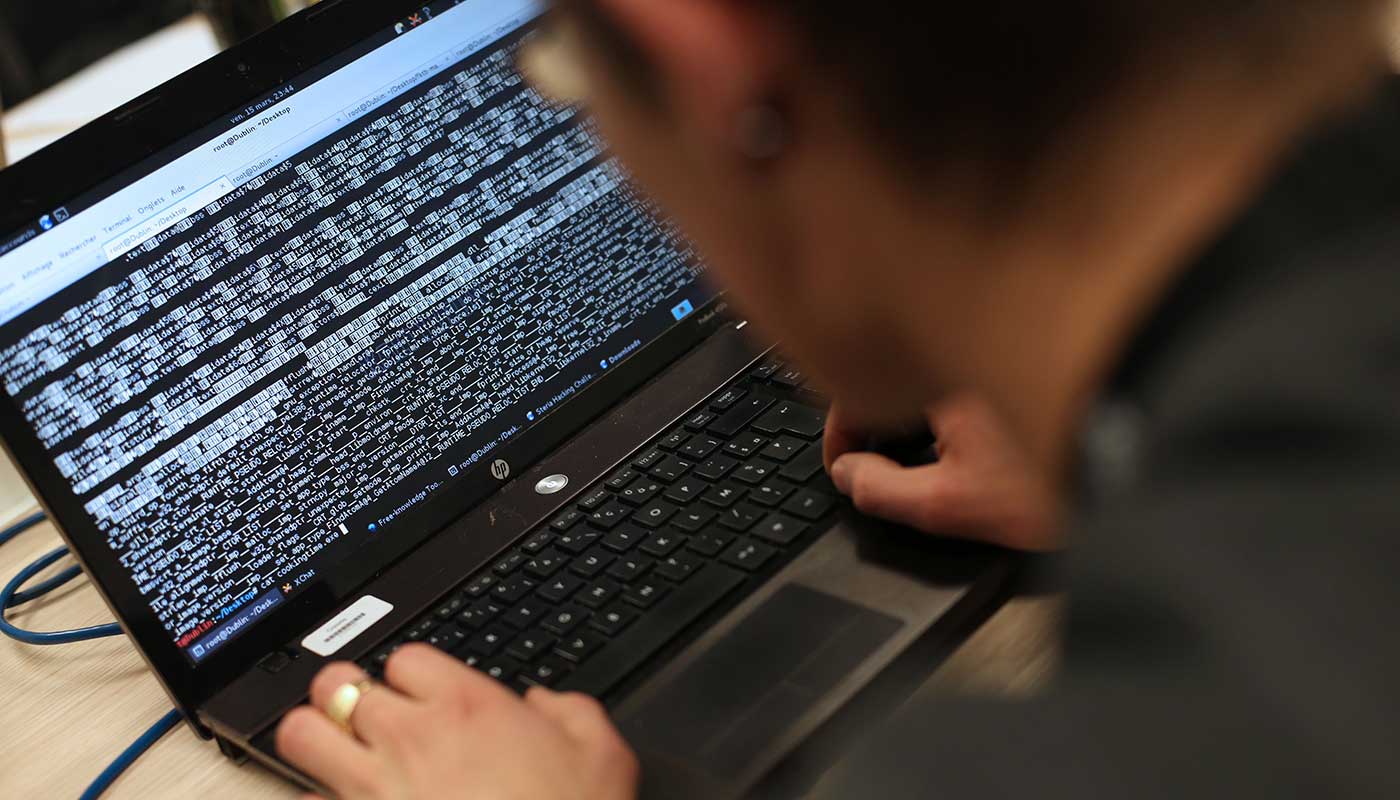How North Korean hackers are funding nuclear weapons programme
UN report says Pyongyang may have stolen as much as $2bn through cyberattacks on financial institutions

A free daily email with the biggest news stories of the day – and the best features from TheWeek.com
You are now subscribed
Your newsletter sign-up was successful
North Korea has accrued up to $2bn (£1.64bn) to fund its weapons programmes through cyberattacks on banks around the world, according to a UN Security Council report.
The report - compiled by independent experts tasked with overseeing UN-imposed sanctions on North Korea - suggests that Pyongyang has used hackers to “launder stolen proceeds and [create] income to avoid international sanctions” by hacking overseas financial institutions and cryptocurrency exchanges, says CNN.
PCMag reports that North Korean hackers “have been blamed for using email-based phishing attacks to trick employees at cryptocurrency exchanges” to download malware to their computers. Security experts “also suspect the country’s hackers were behind several heists on the Swift banking network back in 2016”, the tech site adds.
The Week
Escape your echo chamber. Get the facts behind the news, plus analysis from multiple perspectives.

Sign up for The Week's Free Newsletters
From our morning news briefing to a weekly Good News Newsletter, get the best of The Week delivered directly to your inbox.
From our morning news briefing to a weekly Good News Newsletter, get the best of The Week delivered directly to your inbox.
The attacks enable the North “to generate income in ways that are harder to trace and subject to less government oversight and regulation than the traditional banking sector”, according to the confidential report, seen by Reuters.
The new $2bn estimate is far higher than that cited in a UN report published in March, which said that North Korea was believed to have amassed around $670m through cyberattacks. NBC News notes that it remains “impossible to completely quantify” the total amount of funds stolen, because of North Korea’s “ability to evade detection”.
Investigators believe the online cash grabs may be helping North Korea to fund its illegal nuclear weapons and ballistic missile development programmes while bypassing UN economic sanctions that date back to 2006. These sanctions place a blanket ban on exports including coal, iron, lead, textiles and seafood, and capped imports of crude oil and refined petroleum products.
North Korea’s alleged funding ploy appears to be working. CNN reports that Pyongyang has “invested heavily” in its nuclear weapons and ballistic missile programme in recent months, with analysts saying “the weapons North Korea has tested in the last two weeks demonstrated significant technological advancements not seen before”.
A free daily email with the biggest news stories of the day – and the best features from TheWeek.com
“The July missiles may have had the capability of maneuvering in-flight, which makes the weapon much harder to track and helps it evade missile defence systems,” the US broadcaster adds.
The UN report also cites other violations of UN sanctions by North Korea, including “illicit ship-to-ship transfers and procurement of WMD[weapons of mass destruction]-related items and luxury goods”.
-
 How to Get to Heaven from Belfast: a ‘highly entertaining ride’
How to Get to Heaven from Belfast: a ‘highly entertaining ride’The Week Recommends Mystery-comedy from the creator of Derry Girls should be ‘your new binge-watch’
-
 The 8 best TV shows of the 1960s
The 8 best TV shows of the 1960sThe standout shows of this decade take viewers from outer space to the Wild West
-
 Microdramas are booming
Microdramas are boomingUnder the radar Scroll to watch a whole movie
-
 Epstein files topple law CEO, roil UK government
Epstein files topple law CEO, roil UK governmentSpeed Read Peter Mandelson, Britain’s former ambassador to the US, is caught up in the scandal
-
 Iran and US prepare to meet after skirmishes
Iran and US prepare to meet after skirmishesSpeed Read The incident comes amid heightened tensions in the Middle East
-
 Israel retrieves final hostage’s body from Gaza
Israel retrieves final hostage’s body from GazaSpeed Read The 24-year-old police officer was killed during the initial Hamas attack
-
 China’s Xi targets top general in growing purge
China’s Xi targets top general in growing purgeSpeed Read Zhang Youxia is being investigated over ‘grave violations’ of the law
-
 Panama and Canada are negotiating over a crucial copper mine
Panama and Canada are negotiating over a crucial copper mineIn the Spotlight Panama is set to make a final decision on the mine this summer
-
 Why Greenland’s natural resources are nearly impossible to mine
Why Greenland’s natural resources are nearly impossible to mineThe Explainer The country’s natural landscape makes the task extremely difficult
-
 Iran cuts internet as protests escalate
Iran cuts internet as protests escalateSpeed Reada Government buildings across the country have been set on fire
-
 US nabs ‘shadow’ tanker claimed by Russia
US nabs ‘shadow’ tanker claimed by RussiaSpeed Read The ship was one of two vessels seized by the US military